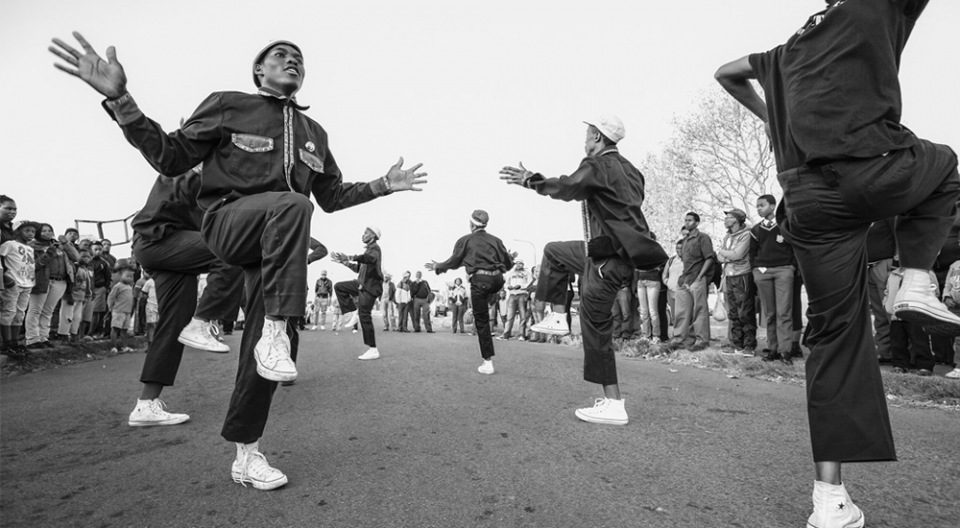South Africa Entertainment News: How Amapiano, Hip-hop Pushed Away Kwaito Music
9 November 2021

[Image Source: Mixdown Magazine]
By Kinyua Mwangi
Get Free Music Updates and Mixes on Telegram
On a visit to South Africa in the 1990s, you wouldn’t help but fall in love with Kwaito music. It was one of the most popular genres then and dominated Mzansi airwaves for years.
Today though, Kwaito is nearly non-existent, perhaps due to the emergence of hip-hop and Amapiano genres all of which draw inspiration from Kwaito.
Read Also: South Africa Entertainment News: Mafikizolo ‘Mamezala’: New Music South Africa [Official Video]
By and large, Kwaito was unique and loved until 2011 when it started fading away. Ideally, the genre varies from house music by incorporating deep African sounds, a slow tempo with deep bass vocals and a series of loop samples from percussion.
Kwaito’s homestay was in Soweto where it all started before going viral across South Africa. The genre gained popularity fast as it came when the late Nelson Mandela took over the Presidency after 27 years of imprisonment.
The big question today that many people ask is what happened to Kwaito? And the perfect answer is that hip-hop happened. South Africa’s hip-hop heavily borrows from this variant of house music. It is safe to say that it inspired different sounds as much as it is fizzling out of Mzansi music space.
For instance pioneer hip-hop hit by Cassper Nyovest ‘Skepetedaba’, Kwesta’s ‘Vur Vai’ and most recently K.O’s K:HOVA have a Kwaito undertone. In addition, the emergence of Amapiano now rivaling hip-hop proves that Kwaito was a deep inspiration for an artist looking at doing something different.
Amapiano is a perfect fusion of house music, deep bass – characteristic of Kwaito – and percussion with deep bass lines as well.
True to it, both Amapiano and hip-hop have played a role in wiping out the genre. Nonetheless, music pundits say it is still premature to wish away Kwaito because it remains South Africa’s biggest independent genre.





Leave your comment